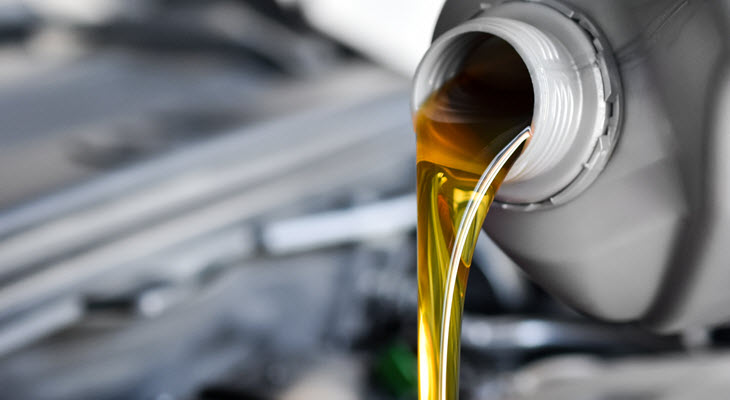If you are a BMW owner, you know how important it is to take good care of your car. One of the ways to do that is by choosing the right oil for your engine. But with so many options available, it can be tough to know which one to choose. In this article, we will discuss the pros and cons of conventional and synthetic oils and which one is better for your BMW.
The Beauty of Synthetic Oil
Synthetic oil is a type of motor oil that is made from chemical compounds designed to provide better performance and protection for your engine than conventional oil. Unlike conventional oil, derived from crude oil, synthetic oil is synthesized in a laboratory from a combination of base oils and additives.
One of the main benefits of synthetic oil is its longevity. It lasts longer than conventional oil, with some types of synthetic oil lasting up to 15,000 miles between changes. This means you can go longer between oil changes, saving you time and money in the long run.
Synthetic oil is also better at handling extreme temperatures. It can withstand high heat without breaking down, which makes it ideal for use in high-performance engines or in areas with hot climates. It also flows more easily at low temperatures, providing better protection during cold starts.
Another advantage of synthetic oil is its superior engine protection. Synthetic oil has better lubricating properties than conventional oil, which helps to reduce engine wear and tear. It is also better at keeping the engine clean by preventing the buildup of sludge and deposits that can clog engine components.
However, synthetic oil does have some drawbacks. It is more expensive than conventional oil and may not be widely available at all auto parts stores and service centers. It is also not recommended for older cars that were designed to use conventional oil.
When using synthetic oil, it is important to choose the right type and viscosity for your engine. There are different types of synthetic oil, such as full synthetic, synthetic blend, and high mileage synthetic, each with its own benefits and recommended applications. Choosing the wrong type or viscosity can result in poor engine performance or damage.
The Pitfalls of Conventional Oil
Conventional oil is the most common and widely used type of motor oil. It is made from crude oil and then refined to remove impurities. The refining process involves removing sulfur, wax, and other contaminants to create a base oil that is then blended with additives to improve its performance.
One of the benefits of conventional oil is its affordability. It is cheaper and widely available at auto parts stores and service centers. It is also suitable for older cars that do not require the advanced performance of synthetic oil.
Nevertheless, conventional oil does have many drawbacks. It does not last as long as synthetic oil and needs to be changed more frequently. Most experts recommend changing conventional oil every 5,000-7,000 miles, whereas synthetic oil can last up to 15,000 miles depending on your driving conditions and style.
Another disadvantage of conventional oil is its performance in extreme temperatures and high-performance engines. It is not as good at handling extreme temperatures as synthetic oil and can break down faster under high heat. It is also not suitable for high-performance engines that require oil with superior performance and protection.
When using conventional oil, it is important to choose the right viscosity or thickness. The viscosity of the oil affects how it flows through the engine and its ability to protect engine components. Choosing the wrong viscosity can result in poor engine performance and damage.
Which one is better for your BMW?
If you have a newer BMW or a high-performance engine, synthetic oil is absolutely the better choice. It provides better performance, lasts longer, and provides better engine protection. However, if you have an older BMW, conventional oil may be suitable for your engine. It is also cheaper and widely available. Make sure to consult our mechanics as to which is right for your BMW model.
Get Help from Our Experts at Das European Autohaus
At Das European Autohaus, we are  known as one of the leading auto repair shops in Texas. We have a large customer base in and around Spring and Houston, TX. You can call us now or come to our shop if you have any questions or you want to set up a convenient appointment for service or maintenance!
known as one of the leading auto repair shops in Texas. We have a large customer base in and around Spring and Houston, TX. You can call us now or come to our shop if you have any questions or you want to set up a convenient appointment for service or maintenance!








